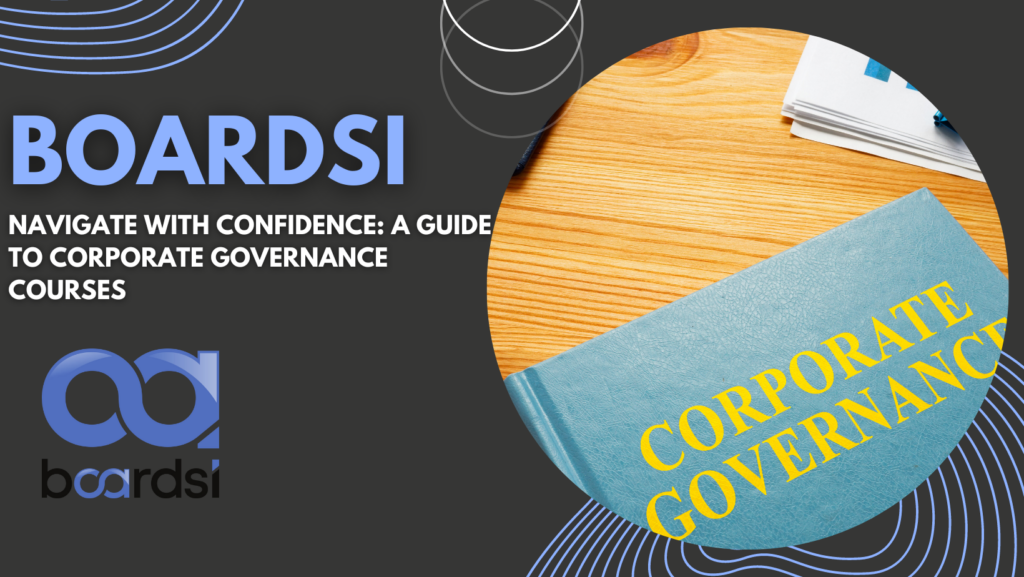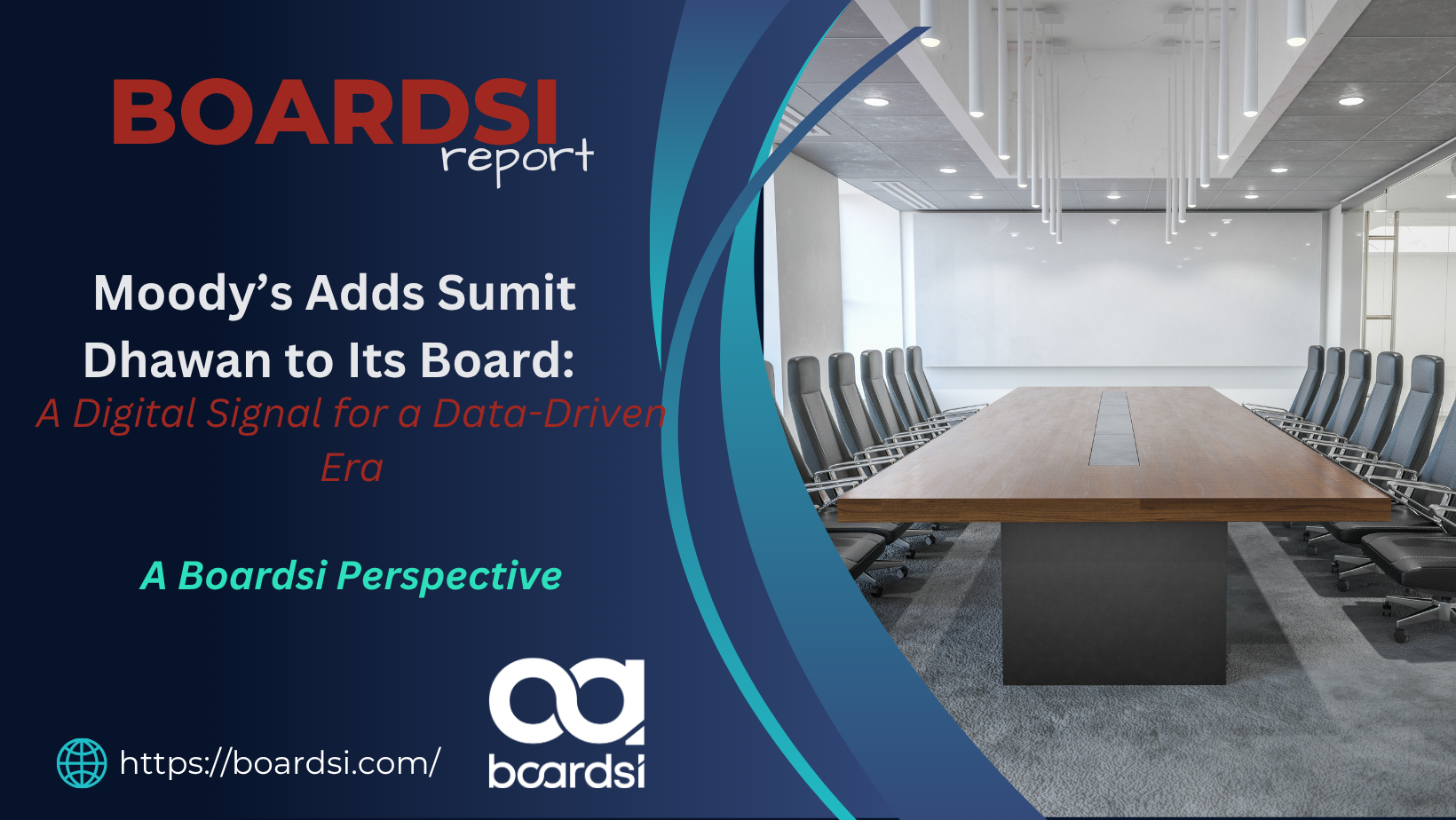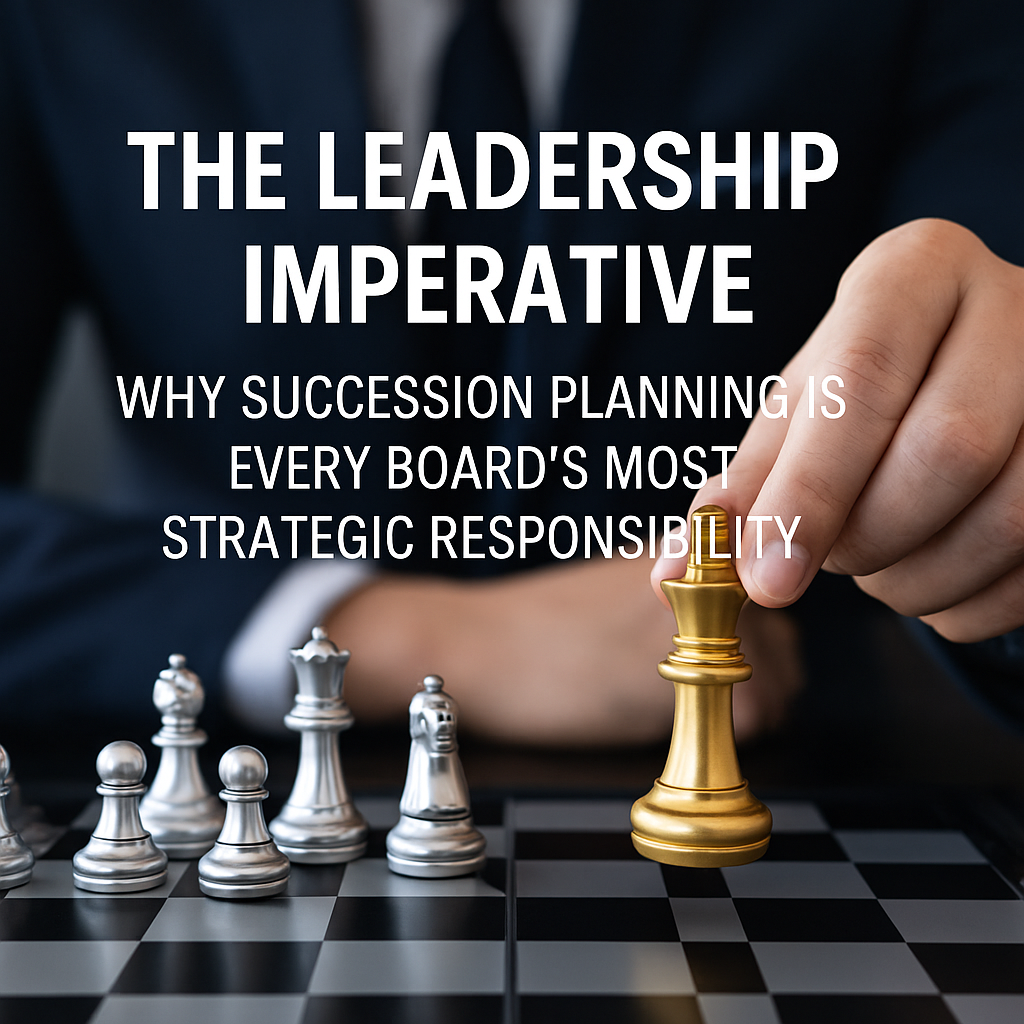Effective corporate governance is the bedrock of a successful organization. Corporate governance courses equip directors and aspiring board members with the knowledge, skills, and best practices needed to fulfill their fiduciary duties, navigate complex issues, and guide organizations towards sustainable growth. This article serves as your compass to understanding the benefits and options available in corporate governance courses, empowering you to make informed decisions about your professional development.
Why Invest in Corporate Governance Courses?
- Enhanced Board Effectiveness: Gain the skills to make informed decisions, provide strategic oversight, and manage risk.
- Mitigate Risk & Improve Compliance: Stay up-to-date on evolving legal and regulatory requirements.
- Develop Your Expertise: Deepen your understanding of fiduciary duties, financial analysis, and effective board processes.
- Career Advancement: Demonstrate your commitment to continuous learning and position yourself for board opportunities.
Exploring Corporate Governance Courses: A Spectrum of Options
Course Formats:
- In-Person Workshops: Interactive learning with experienced facilitators and peer-to-peer networking.
- Online Courses: Flexibility and convenience to learn at your own pace.
- Blended Learning: A combination of online modules and in-person sessions for a comprehensive learning experience.
Course Levels:
- Foundational Courses: Ideal for new board members or those seeking a basic understanding of corporate governance principles.
- Advanced Courses: Deepen your knowledge on specific topics such as cybersecurity, financial oversight, or mergers & acquisitions.
- Certificate Programs: Demonstrate your commitment to ongoing professional development and enhance your credibility.
Key Areas of Focus in Corporate Governance Courses:
- Fiduciary Duties & Responsibilities: Understanding the legal and ethical obligations of directors.
- Financial Literacy: Developing the ability to analyze financial statements and make informed financial decisions.
- Strategic Planning & Oversight: Effectively evaluating and guiding the organization’s strategic direction.
- Risk Management & Compliance: Identifying, mitigating, and complying with regulatory requirements.
- Cybersecurity & Data Privacy: Understanding and addressing cyber threats and data security concerns.
- Diversity, Equity, & Inclusion (DE&I): Fostering a culture of inclusion and effective board composition.
Boardsi: Your Partner in Corporate Governance Education
Boardsi offers a comprehensive suite of corporate governance courses designed to empower you for success:
- Variety of Course Formats & Levels: Choose the program that best suits your needs and learning style.
- World-Class Faculty: Learn from seasoned experts and practitioners who provide in-depth knowledge and real-world insights.
- Ongoing Support & Resources: Benefit from continuing education opportunities to stay up-to-date.
#corpgov #corporategGovernanceCourses #boarddevelopment #Boardsi #directordevelopment #governanceeducation #continuingeducation #boardtraining









